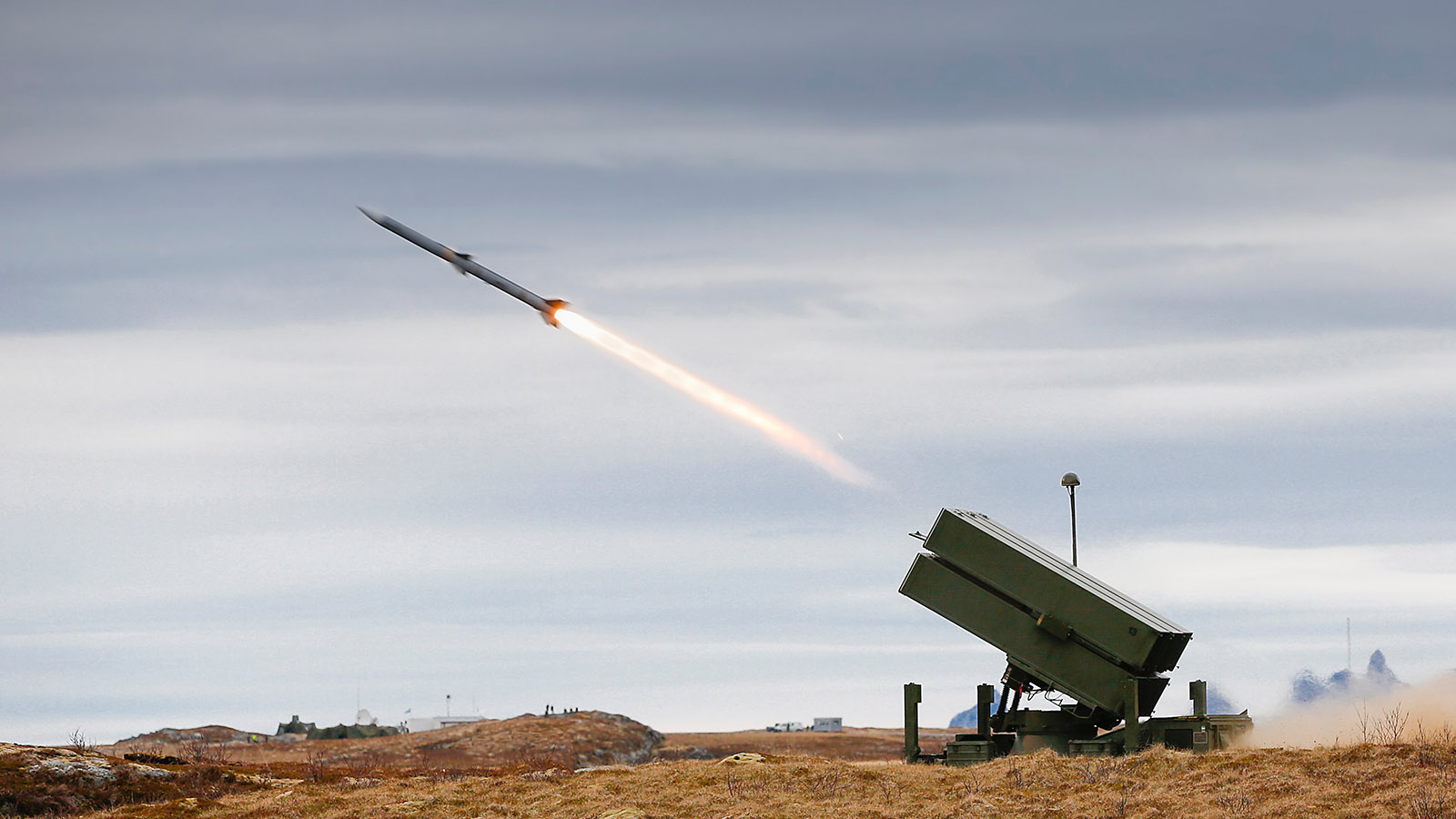The UK will donate hundreds more air defence missiles to Ukraine, including AMRAAM missiles which are capable of shooting down cruise missiles. The UK will donate cutting edge air defence missiles to Ukraine which can help protect against Russian missile strikes. The missiles will help to protect Ukraine’s critical national infrastructure, with the announcement coming days after Russian missiles struck civilian targets in cities across Ukraine. The AMRAAM missiles, which will be provided in the coming weeks for use with the NASAMS air defence systems pledged by the US, are the first donated by the UK which are capable of shooting down cruise missiles.
Hundreds of additional air defence missiles, of other types previously provided, will also be donated as part of the package, along with hundreds of additional aerial drones to support Ukraine’s information gathering and logistics capabilities, and a further 18 howitzer artillery guns, in addition to the 64 already delivered. Bolstering Ukraine’s air defences has been and remains a priority for UK military support. So far we have provided a variety of air defence systems including Stormer vehicles fitted with Starstreak launchers, and hundreds of anti-air missiles.

The latest tranche of equipment ahead of a meeting of NATO Defence Ministers in Brussels, where Allies met on the sidelines yesterday to discuss further support for Ukraine. It also comes as Ukraine prepares to honour veterans and fallen soldiers on Defenders Day. The UK will also give £10 million to NATO’s Comprehensive Assistance Package for Ukraine. The funding will help to provide urgent non-lethal assistance to Ukraine such as winter clothes, shelters, generators, fuel trucks and ambulances for the Ukrainian Army ahead of the winter. The Defence Secretary will urge his Allied counterparts to continue to support Ukraine for as long as it takes.
Defence Ministers will speak about the recent sabotage of the Nord Stream pipelines, as well as how the Alliance can safeguard critical infrastructure from future attacks. They will review the implementation of decisions taken at the Madrid Summit designed to strengthen NATO’s collective deterrence and defence. This will be the first time that Finland and Sweden will attend as official invitees. NATO Allies have stepped up their presence in the Baltic and North Seas in response to the attacks, increasing security around key infrastructure across multiple domains, including with satellites, ships, submarines, maritime patrol aircraft, and anti-drone systems.















